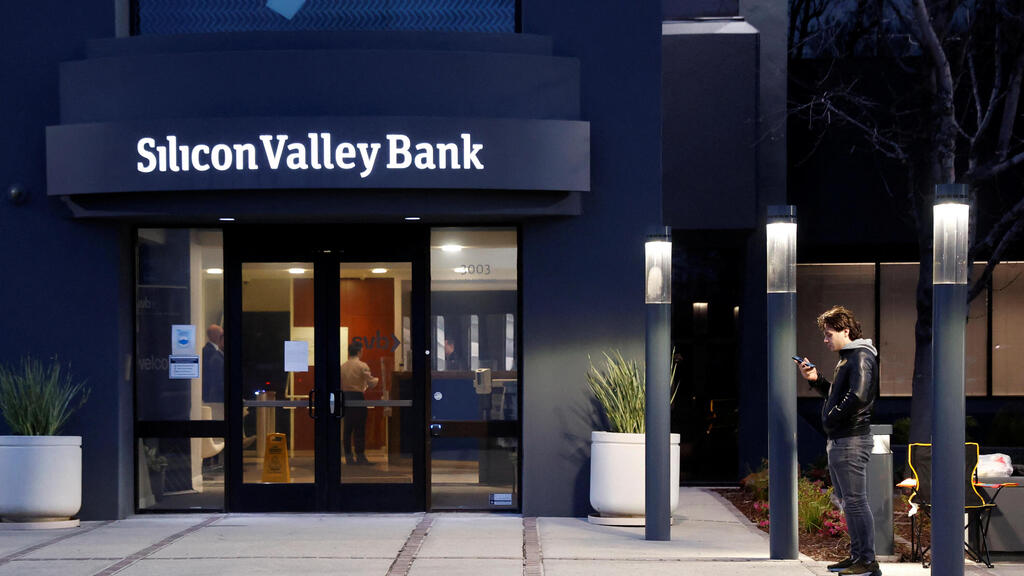
Survey
61% of founders considering moving to more ‘stable’ banks following SVB collapse
Most startup founders impacted by the SVB collapse don’t see their trust in the financial ecosystem easily repaired
A new flash survey has revealed that trust in the banking system has been shaken among founders, with little likelihood that it can be repaired. Sixty-one percent of founders are considering moving their banking relationships to those deemed more ‘stable’ following the collapse of Silicon Valley Bank despite the intervention of the Federal Deposit Insurance Corporation (FDIC).
The survey was conducted by Startup Snapshot in partnership with Intel Ignite, Zell Entrepreneurship Program, and Consiglieri. It collected insights from more than 100 founders - 66% of whom were from Israel - in the days following the collapse of banks in the United States. Almost half of the startups that participated raised less than $5 million, with 20% raising more than $15 million.
1 View gallery


A massive 83% of respondents did not consider SVB vulnerable to collapse
(Photo: REUTERS/Brittany Hosea-Small)
"The data highlights the broken trust of the startup community in the regional banks and the bankers who run them,” explained Yael Benjamin, Founder of Startup Snapshot. “The majority of founders, whether they have been personally affected by the SVB crisis, state that they will move or consider moving their banking relationship to the more dominant, too-big-to-fail banks. This raises serious questions about the future of the regional banks as a whole and the role of the US government in protecting them.”
Despite having witnessed other financial crises in the past, a massive 83% of respondents did not consider SVB vulnerable to collapse. In fact, upon news that the bank was failing, 71% of respondents were at least partly confident that bankers knew the risks of the bank ahead of time.
This sentiment is supported by questionable actions taken by the bank such as SVB employees receiving their bonuses mere hours before it was shut down.
Following the turbulent few days, it is becoming clear that larger more dominant banks will come out on top in the eyes of entrepreneurs. More than a quarter (27%) of those affected by the collapse will definitely move their banking relationship to more dominant players like JP Morgan Chase, even though they do not specialize in startups, and 34% have stated this remains a possibility.
"Strategically speaking, this shift will cause startups to have less favorable venture debt terms in the future, as the large dominant banks which don’t specialize in venture will be the ones that control the avenue of startup funding,” added Nimrod Vromen, CEO of Consiglieri.
The main lessons from the SVB debacle have unsurprisingly been the need to diversify funds. Eighty-one percent of respondents have said they will diversify their funds across multiple banks, 29% across multiple countries, and 14% across currencies. In the days following the collapse, Israeli companies moved $1 billion out of SVB with the help of the likes of LeumiTech and Poalim High-Tech but those who did not have additional banks or access to other regions saw their money trapped.
The survey was conducted over three days (March 12-14) and included 112 startup founders from Israel, Europe, and North America. Startup Snapshot is a data-sharing platform for the startup ecosystem.
First published: 10:17, 15.03.23













